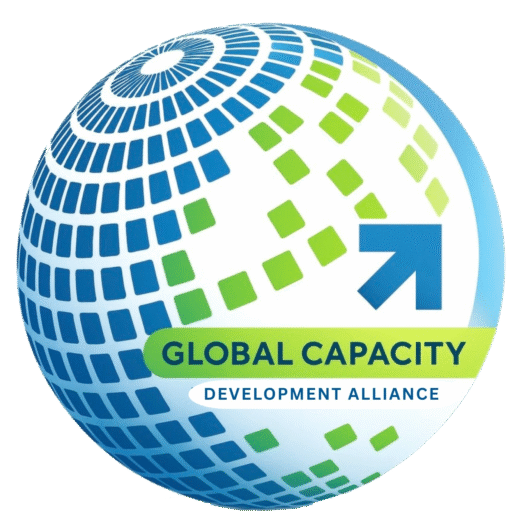Areas of Expertise
Focus Areas
- Recruiting senior professionals committed to development initiatives
- Facilitating high-level consultations and strategic partnerships with governments, embassies, federal and local agencies, and international stakeholders
- Securing funding and resources from national agencies, governments, and private sector partners to support organizational operations, cover volunteer deployment costs, and ensure the sustainability of programs
Our Approach
- Get to know the client
- Identify Gaps: Assess current performance against desired outcomes
- Analyze Causes: Determine root causes of performance shortfalls
- Design Solutions: Develop customized interventions—training, tools, systems, and incentives
- Measure Results: Track progress and implement mechanisms for continuous improvement.
What Sets GCDA Apart
- Global Expertise, Local Impact—200+ former senior experts from USAID, IMF, the World Bank, AfDB, UN, and leading firms with decades of hands-on field experience.
- Holistic approach addressing all performance factors
- Focus on institutional outcomes—not just individual training
- Long-term capacity building for sustainable improvement.

